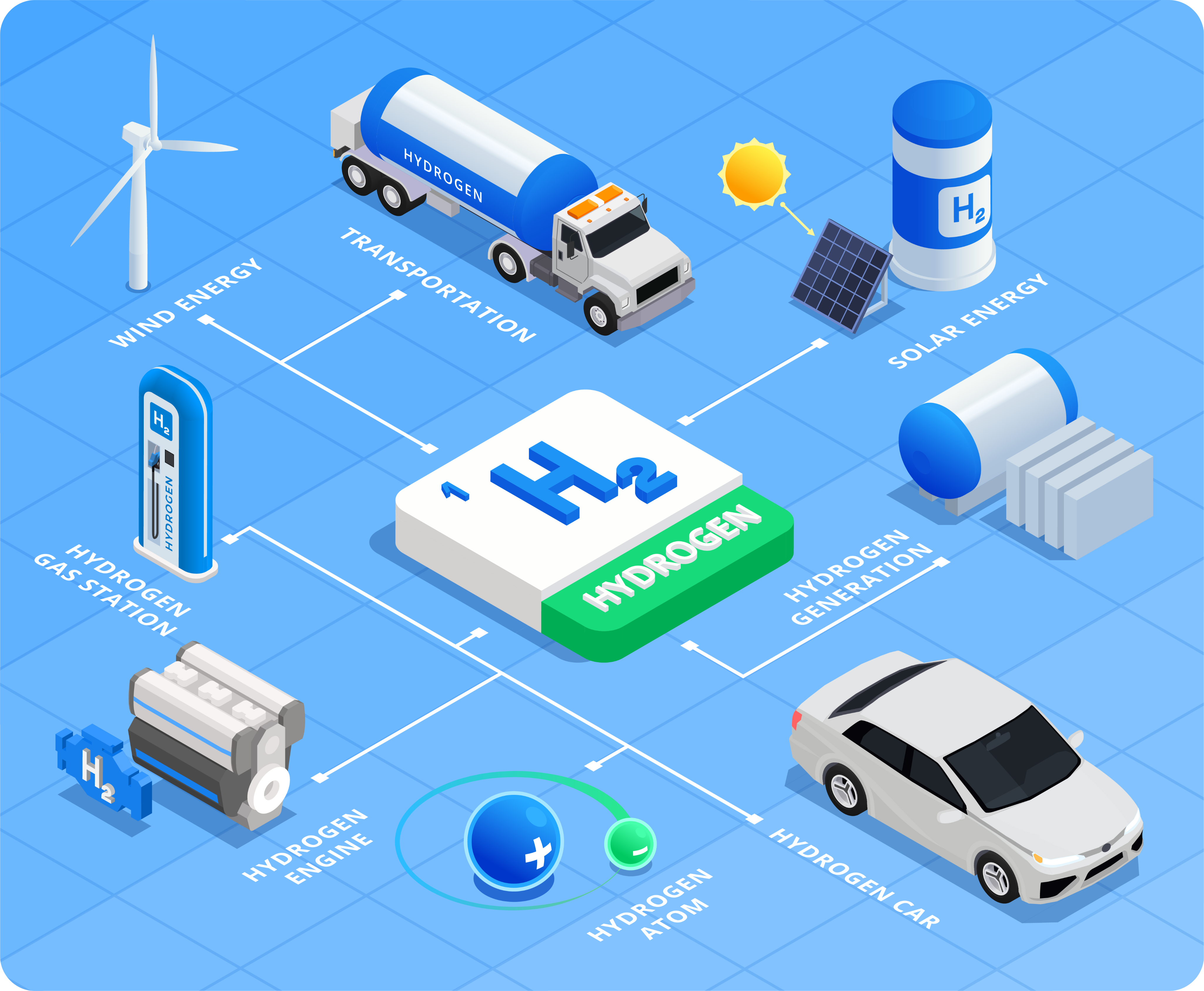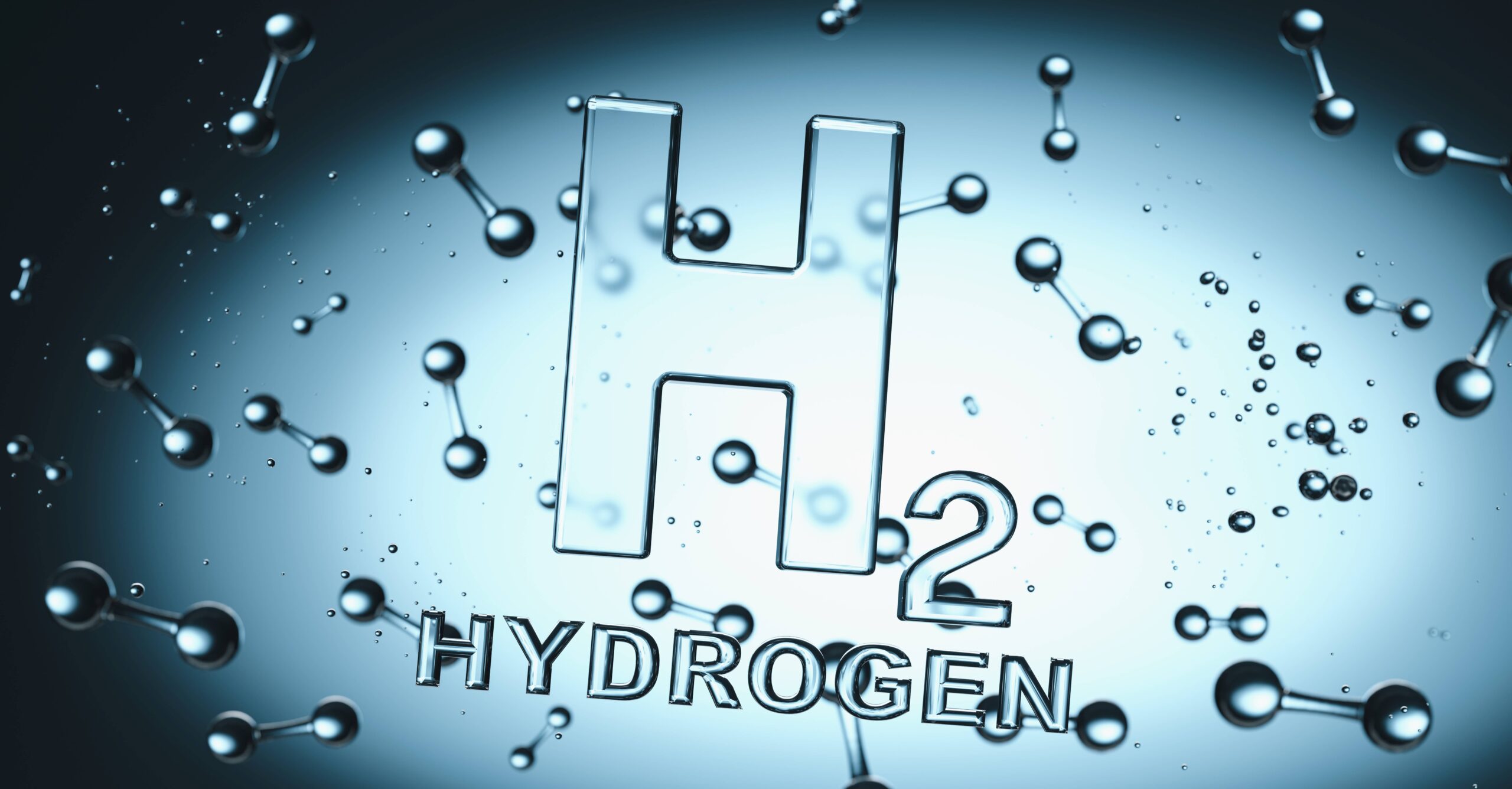The Hydrogen Alchemy: Pioneering Process Modelling and System Engineering
Dr. Dhatchana Moorthy – Director, EinNext Biosciences
In the ongoing quest for sustainable energy solutions, hydrogen emerges as a vital catalyst, embodying the potential to revolutionize our energy landscape. Hydrogen, the most abundant element in the universe, holds a promise that can redefine the way we power our world. Hydrogen can be harnessed through various pathways – from reforming natural gas to electrolysis powered by renewable energy. This adaptability allows for integration with diverse energy systems, making
hydrogen a vital enabler of a seamless and sustainable energy transition.
Hydrogen, as a clean and versatile energy carrier, has the potential to replace fossil fuels in various sectors, significantly reducing carbon emissions and playing a pivotal role in achieving a carbon-neutral global economy by 2050. The International Renewable Energy Agency predicts that the hydrogen economy will account for 12 percent of total energy consumption by 2050, and global warming remains below 1.5 degrees Celsius
Hydrogen can be produced through various processes, including thermochemical, electrolytic, direct solar water splitting, and biological processes. Thermochemical processes release hydrogen from organic materials like fossil fuels and biomass, while electrolytic processes use electricity to split water into hydrogen and oxygen. Though hydrogen can be produced from many sources, large-scale hydrogen value chains are yet to be established. This is because sustainable hydrogen production, storage, transportation, and distribution strategies are lacking.
Process modeling systems for hydrogen production involve various steps to optimize production efficiency and sustainability. These include selecting and preparing feedstocks, understanding reaction mechanisms and kinetics, conducting thermodynamic analyses, integrating and optimizing processes, designing heat exchangers, selecting materials for compatibility and durability, and optimizing hydrogen purification and separation methods.

On the other hand, systems engineering for hydrogen production is a comprehensive approach that involves designing, analyzing, and optimizing the entire process. It integrates various components, technologies, and disciplines to create efficient, reliable, cost-effective systems. Key aspects include system architecture, requirement analysis, modeling and simulation, control systems and automation, reliability and redundancy, lifecycle management and optimization,
interdisciplinary collaboration, and cost-benefit analysis.
EinNel Technologies develops a comprehensive architecture, analyzes requirements, uses advanced modeling and simulation tools, implements control systems, prioritizes reliability and redundancy, and continuously monitors and optimizes performance throughout the hydrogen system’s lifecycle. Interdisciplinary collaboration among our data science teams ensures a holistic approach.
With a legacy of innovation in data-driven computer-aided engineering (CAE), EinNel technologies is at the forefront of designing and modeling hydrogen-powered solutions, optimizing fuel cell and internal combustion engine systems to drive the future of automotive excellence. At EinNel, we strongly believe in harnessing hydrogen’s potential in energy production, transportation, aerospace, industry, and power generation, pivotal to revolutionizing and decarbonizing our world.








